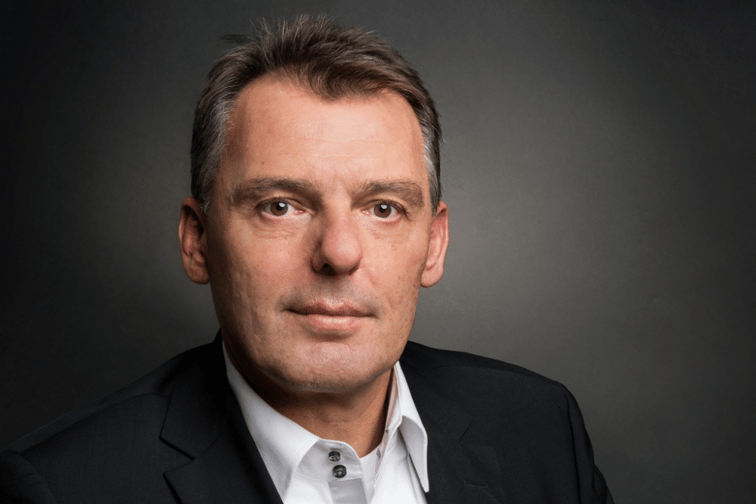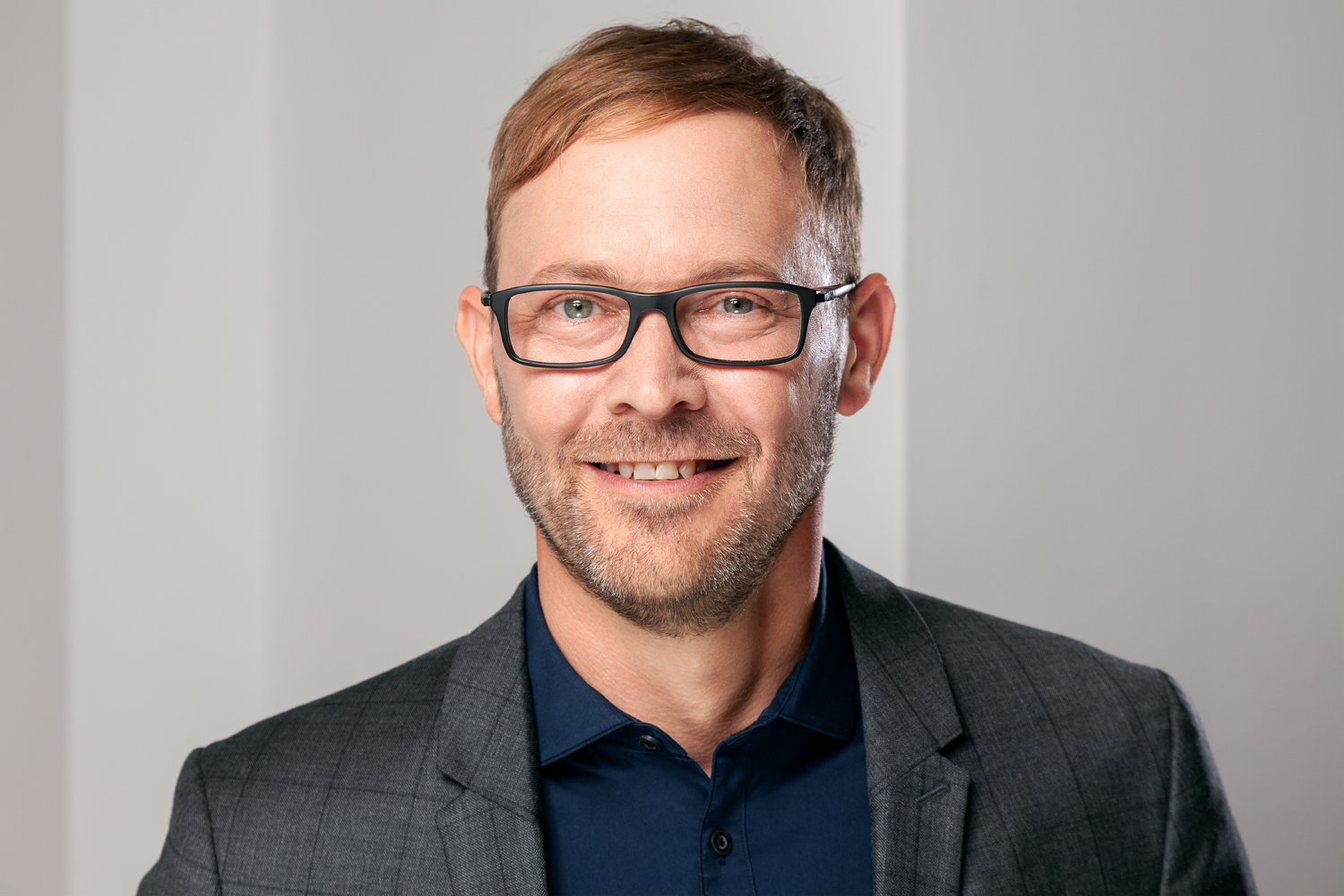

It was the astronomer Carl Sagan who extolled the need to know the past in order to understand the present, and in few lines of insurance is this more evident than when it comes to dealing with complex legacy and run-off claims.
Robert Buchberger (pictured above), chairman of the advisory board of Pro Global, highlighted that the business has a very firm footprint in complex claims in the P&C space. In the P&C world, he said, Germany sees hardly any run-off opportunity and the two biggest transactions of the last five years have both enlisted Pro’s German operations to operate their claims - the first a MedMal portfolio and the second an architects’ and engineers’ portfolio.
“What is very particular in both lines of business is that we have claims, some closed ones dating back to the 1970s , so very old claims,” he said. “Given all the information we gather around these claims, we have [gained] a backwards-looking view over several decades, which gives us a lot of insight… And it’s all about getting this information and bringing it to form a more proactive, strategic approach on how to handle these long-tail claims and long-term liabilities.”
Roman Claren (pictured below) , managing director of Pro Insurance Solutions GmbH, noted that through the two books outlined above, Pro has inherited a large number of claims for its highly specialised teams to handle. What they have tried to do, he said, is to segment those portfolios and then target those segments which they have identified as having claimants that are more likely to accept settlements. This allows them to bring those segments to completion as fast as possible, to the benefit of the insurance company in question and the claimants alike.
The essence of these ‘vintage’ claims is the depth and breadth of actionable knowledge that exists within them with regards to anticipating how books will develop, said Buchberger. Amid conversations about the complexity involved with legacy claims, the ability to dip into existing books and generate insights on clusters, on claims categories and on the probability of outcomes is incredibly powerful.
Claren highlighted that this is why Pro has taken it upon itself to develop a strongly data-driven approach to these which will allow the business to extrapolate more of the value these claims hold. Pro sits on a treasure trove of data, he said, as, in addition to the portfolios it manages, it possesses all the historic data on claims that belonged to either portfolio but closed a long time ago.

“So, we are looking for hidden patterns in order to improve the segmentation of the still open claims of the portfolios and, by this sub-segmentation, either offering settlements as early as we can to the benefit of our customer, or to at least informing with more insight about potential deterioration in reservation for the future,” he said.
Read more: Pro Global CEO on why "focus fuels success"
When you’re talking about information that was first input in the 70s, 80s and 90s, however, most of this was done on paper, Buchberger said, and so the first step is to key in that data. Where data analytics becomes essential is in extracting that information quickly and accurately. It’s not just about gathering data, he noted, but also giving it an intelligent structure so it can be used to actually inform you of relevant information. With this, you can develop a forward-looking view of books which, in turn, allows you to go out to other clients and support them with that information.
In the past, Claren said, data was mostly used to describe the status quo, but Pro wants to use it on a more predictive level, and to do that successfully means having the right structures in place.
“We are still in the process of building it up, it’s a journey we’ve already started,” he said. “And it’s not only about finding patterns in your own data that you already gathered, it’s about adding additional data in a smart way. So, that’s publicly available data, for instance, not only on life expectancy in any kind of population but also data that some of your own service providers or experts might add. If you put that together you can find new patterns.
“Technology is one thing you need to establish the platform but, you also need to have intelligence from people, you have to have the skill to be able to find the patterns and to interpret the data that you have to make the predictions for the future. Pro is very much about those skills and about the experts who have the knowledge to interpret data.”
While other insurance companies are looking to technology for full automation and targeting taking human beings out of administrative processes, Pro is fully aware of the essential role that the human touch plays when it comes to very specialised liabilities. Claren noted that he does not see that role changing in the foreseeable future and that Pro is keen to bring on experts who are looking to lend their valuable skills to a role with tremendous societal value as well as real responsibility.
As a business, Pro provides greater flexibility and less hierarchy, he said, which allows people to take on tangible responsibilities and know that their expertise is not going to be made redundant by the next wave of automation that sweeps the industry. A lot of big incumbents in the insurance industry are putting a lot of pressure on automating basic processes, Buchberger said, and this is coming up against an ongoing drain of expertise as people retire out of the space.
That’s why Pro is very prepared on the resourcing side, he said, and the firm is passionate about giving its people the opportunity to work with flexible staffing models. Buchberger said he feels very positive about the future of complex claims, because expertise in this area will always be required and Pro is waiting in the wings to bring on new experts looking for an opportunity to prove just that.
